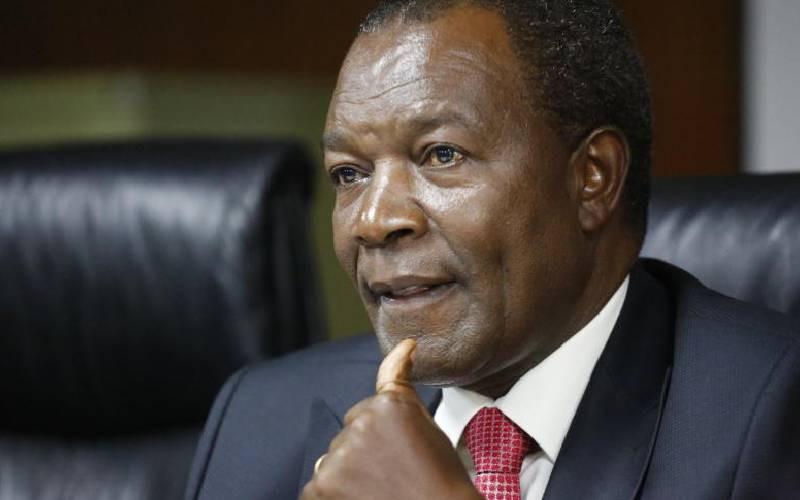×
The Standard e-Paper
Home To Bold Columnists

As Cabinet Secretary for the National Treasury, Njuguna Ndung'u's academic expertise and experience will be vital in navigating Kenya's economic winds today.
With debt and spending pressures growing, the seasoned professor may hold the key to realising President William Ruto's touted bottom-up agenda through prudent fiscal stewardship.